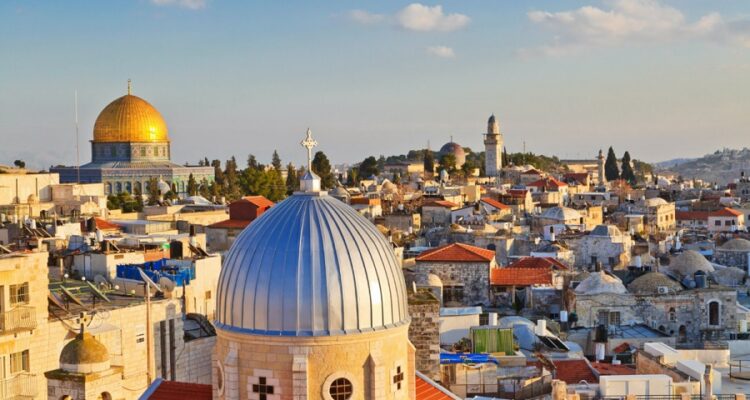As anti-Christian incidents perpetrated by religious Jewish extremists have increased in number during the past several months, church leaders are pleading with government officials to take the matter more seriously.
Until recently, those pleas have gone largely unheeded. Preoccupied with an unprecedented political crisis sparked by the December 2022 election of a government dominated by nationalists and ultra-Orthodox Jews, Israeli officials have given little attention to the anti-Christian assaults, say church leaders.
Bishop Rafic Nahra in Nazareth, Catholic patriarchal vicar for Israel, called the police response “weak.”
“If synagogues were being attacked, the response would be stronger,” he asserted.
Police have arrested only a handful of the teenagers and young men who have spat at nuns and priests in the Old City of Jerusalem, vandalised church property and disrupted Christian prayer gatherings.
This inaction has spurred even more attacks by dozens of religious extremists scattered around the country, according to resident Christians.
“The number of the incidents, the intensity and brazenness, leads us to believe that these fringe elements in society are becoming emboldened because they believe that certain elements in the government have their backs,” according to David Parsons, vice president of the evangelical International Christian Embassy Jerusalem.
But on 9th August, the government appeared to take notice. President Isaac Herzog visited the Stella Maris Monastery and Catholic Church in Haifa after a sect of ultra-Orthodox Jews, who believe the prophet Elijah is buried beneath the monastery, repeatedly tried to storm the Catholic holy site. The monastery was built on top of a grotto, or cave, where, according to tradition, Elijah once lived.
Read the article by Michele Chabin in Sight Magazine.

